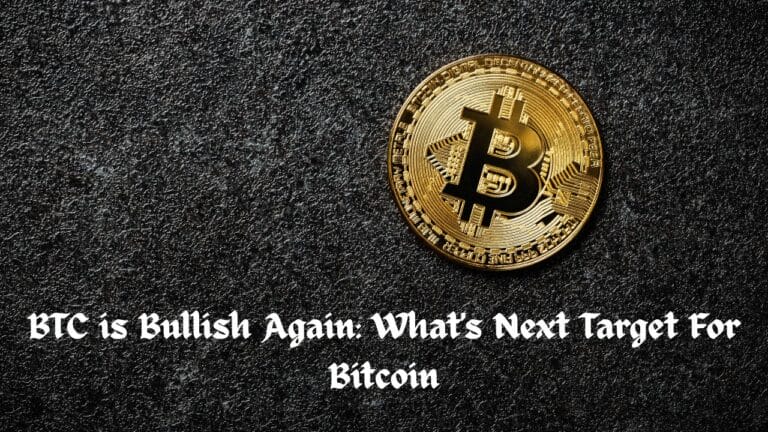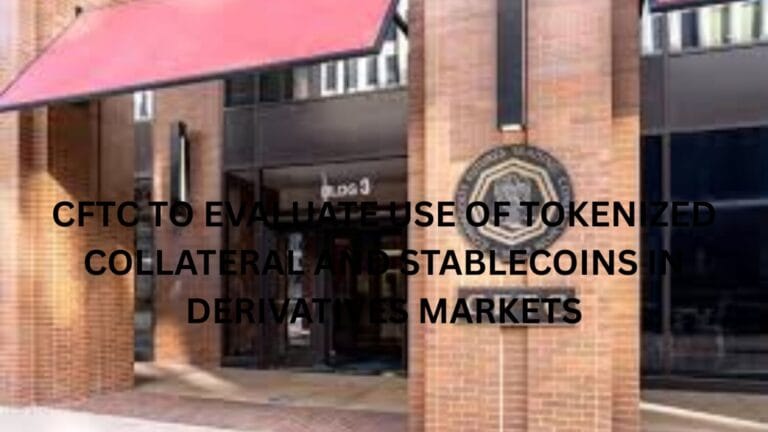Key takeaways :
- The FDIC cautioned the OKX-affiliated exchange that it might be illegal to use its name to establish trust.
- Three instances of OKCoin making fraudulent claims about its insurance status were mentioned by the FDIC.
OKCoin, a prominent cryptocurrency exchange, has recently received a warning from the Federal Deposit Insurance Corporation (FDIC) regarding its promotional material and alleged ‘false’ insurance claims. The FDIC, responsible for maintaining stability and public confidence in the U.S. banking system, has raised concerns over OKCoin’s compliance with insurance regulations.
The FDIC claimed in a letter dated June 15 that the exchange and its senior officials had misrepresented or implied that some items relating to cryptocurrencies were FDIC-insured.
The San Francisco-based exchange was consequently ordered by the FDIC to remove false claims made on its website that implied the accounts of its customers were guaranteed by the FDIC.
OKCoin’s claims of having FDIC insurance on its promotional material have come under scrutiny, as the exchange is not a traditional bank and does not fall under the FDIC’s jurisdiction.
Customers are safeguarded by FDIC deposit insurance, which covers their money in the unusual event that one of the FDIC-insured banks fails. Customers’ deposits up to $250,000 in registered banks are insured by the federal agency, acting as a safety net in the event that a bank fails. Deposits made for digital assets are not covered, though.
The FDIC has sent a letter to OKCoin CEO Hong Fang, warning the exchange about a potential violation of Section 18(a)(4) of the Federal Deposit Insurance Act (FDIA). This section prohibits companies and individuals from falsely claiming that an uninsured or potentially uninsured deposit is covered by the FDIC, whether in promotional materials or documents.
The FDIC clarified that OKCoin is not FDIC-insured and that the agency does not provide insurance for non-deposit products. The FDIC also highlighted that OKCoin’s statements, which failed to differentiate between US-dollar deposits and crypto assets, could mislead consumers. The agency expressed concerns that such statements could potentially harm consumers.
The FDIC specifically pointed out that OKCoin had made these claims on three separate occasions, including a Twitter post by the Chief Marketing Officer that has since been deleted. A search on the Internet Archive for the original tweet did not yield any results.










